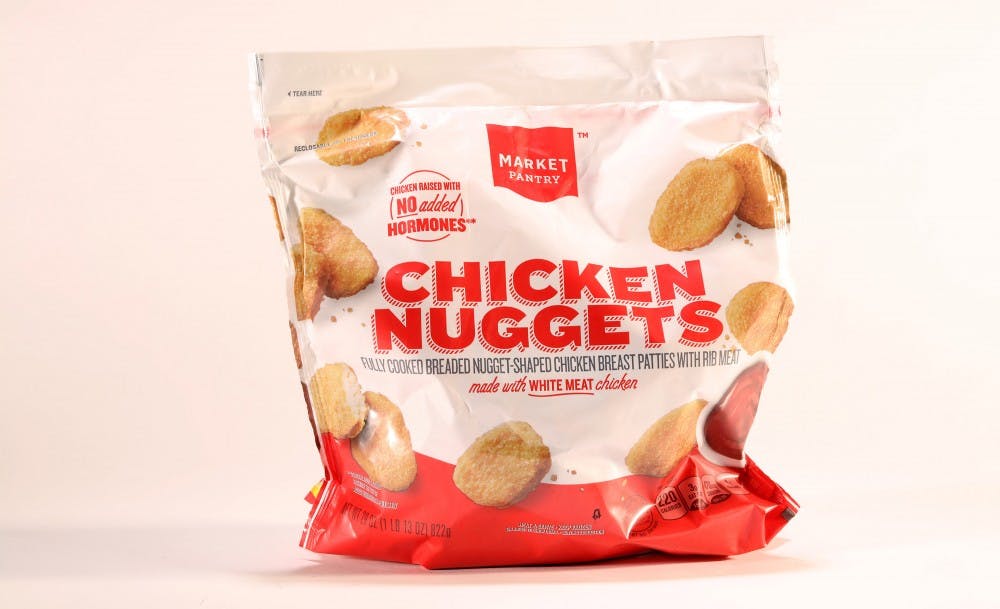Vegans have a bad reputation, earned or not, of being a bit abrasive. They get grouped together with racist uncles and door-to-door Mormon missionaries — people you just don’t want to let get started.
It’s unfortunate that veganism has taken on such a negative stink. Its goals are noble: Reduce the amount of meat you eat to minimize the suffering of animals and the impact we have on the environment.
Opponents typically object with something along the lines of “eating meat is part of the natural world.” But dogs like to eat their own poop, and no one’s advocating on behalf of coprophagia. Others argue that meat just tastes good.
Generally, continuing to eat meat comes down to inertia and apathy. Which is reasonable. Realistically, one person is only capable of caring about so much in the world. And restructuring your diet to completely exclude meat takes a lot of commitment and mental energy.
Which is why veganism and vegetarianism fail. Look at a cover of "Cosmopolitan." Fad diets sell themselves with the implicit promise that afterwards you’ll be able to go back to eating normally. There are 14-day booty challenges and 30-day booty challenges. Yet the most surefire way to get a bigger butt is to regularly do squats for the rest of your life.
Veganism just doesn’t sell. It means being the odd one out at the family barbecue. It means not being able to eat McDonald’s french fries. It means constant vigilance to keep your vegan card from being revoked. Vegetarianism suffers from the same faults. It’s a binary state, a tightrope that one bacon bit will send you falling off from.
There is, however, a third way. Cringingly branded as “flexitarian,” this diet simply involves eating less meat than normal. Benefits that come from eating no meat also come from eating less meat: lower risk of heart disease, less strain on the wallet — the whole kazoo.
If everyone stopped eating meat at once, there’d be a dramatic cut in greenhouse gases (cow farts contain a lot of methane). This is, of course, wildly idealistic. Roughly three percent of Americans are currently vegetarian.
But imagine if a large percentage of people all promised to just cut back on meat. That would undoubtedly have a bigger impact on the world than vegans or vegetarians currently do. And you could conceivably convince more people to go flexitarian than drop meat completely.
Some extremist vegan groups are known to argue their position by calling people murderers and dumping blood on them. That historically doesn't work well — more people are persuaded by economics. Electric cars look stupid, but their main selling point is their gas mileage. People won’t care about the environment or their image if it comes with too high a cost to their time and wallet.
Ease and accessibility are the real differences between flexitarianism and vegetarianism. Recycling used to be a hassle. Paper and plastic had to be sorted separately and if something was made of both, you’d throw your arms up in defeat. Studies show that when all of the recyclables go in the same bin, recycling rates shoot up.
In a perfect world, there would be no factory farming and no burning forest for grazing land. Preferably everyone could be swayed by the moral arguments of vegans and wouldn’t eat meat unless they had to — but you can’t let perfect be the enemy of good.

